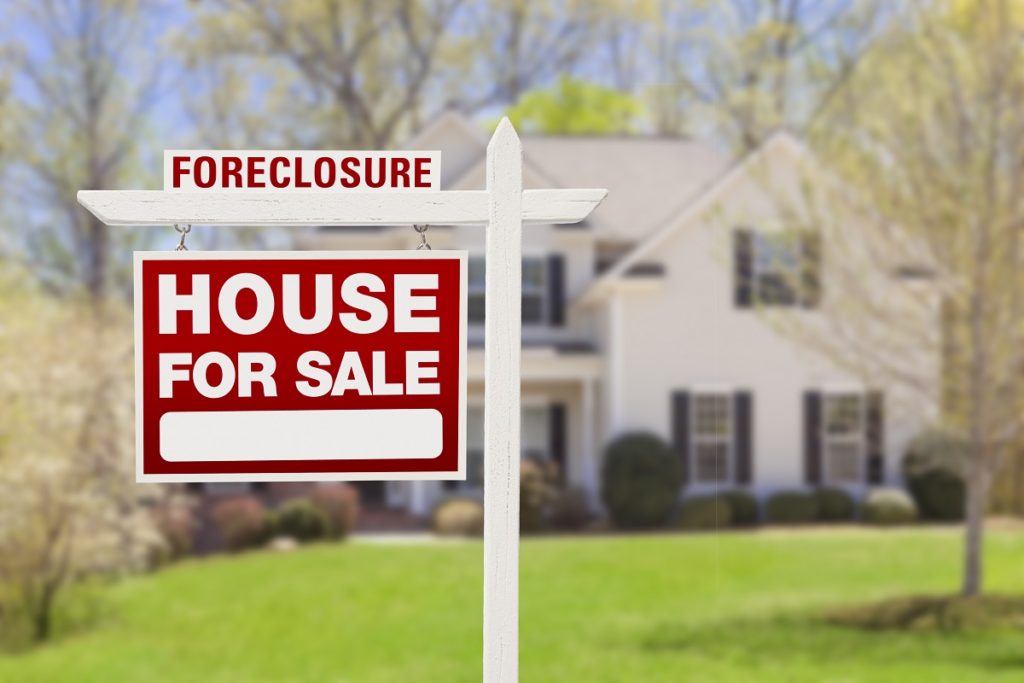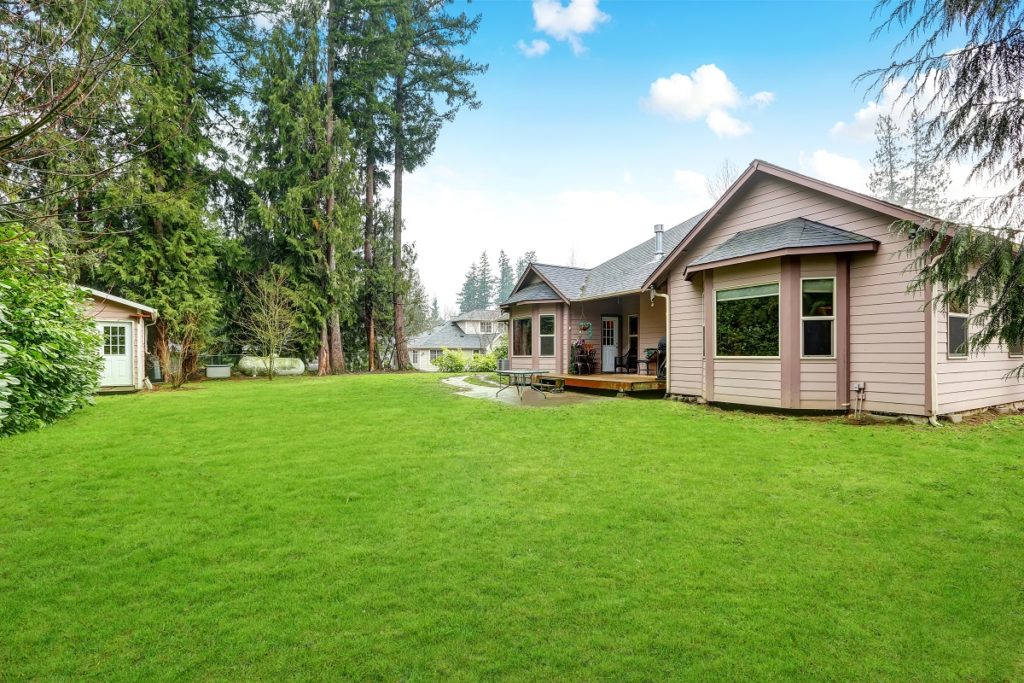Responsible home buyers take out a loan with the intention to pay it back in staggered payments. But when the unexpected happens, they may fail to repay their debt.
The financial hardships caused by the pandemic forced many to lose their jobs. Because of this, many homeowners were not able to make their mortgage payments on time. This was more prevalent when the pandemic hit in the early months of 2020. By the Q2 of the same year, the US mortgage delinquency rate soared to 8.2%, the highest in over a decade after the Great Recession (2007-2009).
Thankfully today, the national delinquency rate has lowered to 5.47% according to Mortgage Bankers Association (MBA) records. With the stimulus package provided by the US government and businesses re-
opening, many people were able to get their jobs back and somehow get back on their feet. Although the rate is still higher compared to recent pre-pandemic years, it’s an improvement considering the current situation.
Mortgage Default and Its Significance to Borrowers and Lenders
Mortgage delinquency is of importance to both homeowners and financial institutions. Borrowers who fall behind on payments risk earning a low credit score, bearing wage garnishments, and even getting lawsuits. For financial institutions and investors, a high delinquency rate means profit loss.
A loan becomes delinquent when a borrower fails to pay a mortgage on time. It will default if this is repeatedly done over a certain period, a few months for example.
This, however, is not the only way to default on a mortgage. Failing to pay the home’s property taxes and homeowner’s insurance can also result in mortgage default. So is severely damaging a property, illegal transfer of home title, putting a second mortgage on the property, and using the property other than its legal purpose.
Aside from a low credit score, wage garnishment, and lawsuit, a borrower with a mortgage default can face other consequences. Your lender can accelerate your debt, your house can go into foreclosure and end up in a trustee sale deal, and you may lose your home. There are actions you can take to avoid this or remedy the situation.
Re-Evaluate Your Finances
Get ahead of your problem. You should re-evaluate how you allocate your budget as soon as you start having difficulty setting aside money to pay your mortgage. Come up with a plan whether to change your spending habits, get a second temporary job to earn additional income, or sell some of your valuable personal assets.
Reach Out to Your Lender and Work Out a Plan
If you’re still unable to make up with your payments even after re-evaluating your finances, it’s best to speak with your lender about your situation. Most lenders are willing to work out a plan for their borrowers who are anticipating a default on their mortgage.
Talk to a Housing Counselor

Aside from your lender, you can also talk to certified loan and housing counselors at the Department of Housing and Urban Development (HUD). They can also help you work out a plan to pay your debt and avoid mortgage default. They are well-informed when it comes to state and federal programs, which they will explain to you. All you have to do is pick one that is best suited to your situation.
Get a Loan Modification
A loan modification can take many forms. For the most common, the term of your loan can be extended and your interest rate can be changed. This means you’ll be paying your mortgage longer, but it’ll be more affordable for you.
Loan modifications and foreclosures are included in credit score reports. A loan modification, however, is a much better option because it doesn’t affect your ability to purchase a new house or refinance it in the future.
Consider a Repayment Plan
A repayment plan means you’ll start a new round of mortgage payments plus an additional amount that will make up for your debt.
Get Your Mortgage Reinstated
A mortgage reinstatement means reactivating your home loan contract. You will pay your balance plus interest and fees.
Consider Forbearance Options
Your lender may also offer you a binding forbearance agreement. It will allow you to find a solution to keep your home within an agreed period. Your lender will not foreclose your property during this time. Payment will be temporarily closed until the end of the grace period.
Don’t Ignore Your Debt
According to US News, ignoring a mortgage default can affect borrowers for years to come. You can lose your house and even some of your valuable possessions. If you face financial problems, talk to your lender right away. A financial professional can also help you solve your problem. But no matter who you reach out to for help, don’t ignore your debt.

